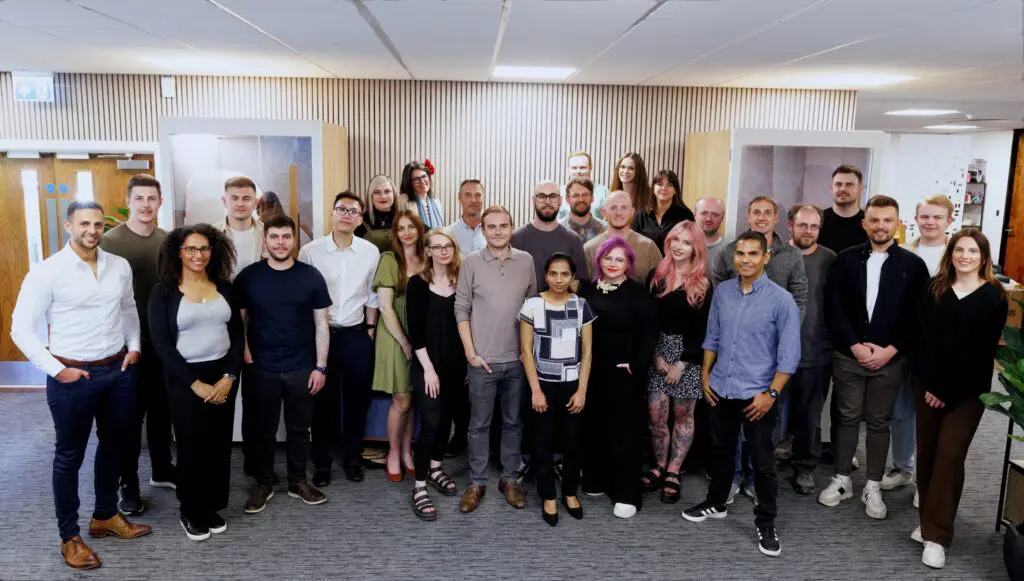Although COVID19 has somewhat derailed business as usual, the government is ardent to get back to a more normal political agenda this year. Key for Boris Johnson will be to find a cause that goes beyond Brexit to keep newly found Red Wall voters on site. Since the publication of the ’10 Point Plan for a Green Industrial Revolution’, the green agenda has taken centre-stage in government thinking. Britain hosting the G7 and COP26 this year also offers plenty of opportunities to shine as a leader on climate change on the world stage.
As the green agenda goes mainstream, the field gets more and more crowded. For businesses and NGOs the question now is how to stand out and get a slice of the pie.
Keep it local – especially if you are in the Red Wall
For organizations trying to get government buy-in into their sustainability initiatives, it is worth thinking whether they can go local. Often brands think making a big national splash is most effective, but targeted interventions might help you to stand out to policymakers. It is also helpful to build alliances with backbench campaigners that can speak up about your initiative in their constituency to high-level stakeholders. The government will look towards initiatives it can support in battleground seats in the Red Wall in particular. Cornwall is hosting the G7 and Glasgow will be the home of COP26 so both of these areas are worth considering for new sustainability roll-outs.
Linked to wider strategic government goals
The government will be most receptive to initiatives that show a connection to its wider policy goals, namely to level up the regions and nations of the country and to aid economic recovery after COVID19. Young people are carrying a huge share of the COVID burden as educational and job opportunities were more difficult to access for many. If organisations have the ability to link their sustainability projects with the creation of jobs and apprenticeships, the government will want to hear about it.
Secure public buy-in
To successfully push forward the transition to Net Zero, the government will need to ensure that their programs have public buy-in to avoid electoral set-backs. This goes for both consumer buy-in as well as getting workers in carbon-heavy industries on board.
Research suggests that the majority of the jobs most affected by net zero policies are in Red Wall seats and coastal communities. The government must work with local businesses to ensure that workers will not lose out on employment or wages if it is serious about levelling up the country. Organisations who have experience facilitating this dialogue will be at an advantage and can secure valuable time with government advisers to share knowledge.
Other measures such as home retrofit or a switch from traditional cars to electric vehicles might come with big costs for consumers and therefore might result in less uptake. Businesses can work with consumers to establish concerns and propose solutions to government to incentivize behavioral changes.
Affect change
Taken together these guidelines can help inform public affairs strategies for businesses and brands that want to make an impact on sustainability and position themselves as leaders on the climate change agenda. By linking their work to the government’s priorities, they are more likely to get a seat at the table for existing government initiatives and influence policy changes going forward.
If you would like to discuss this topic further, please do not hesitate to get in contact with sabrina.huck@cavendishadvocacy.com.




